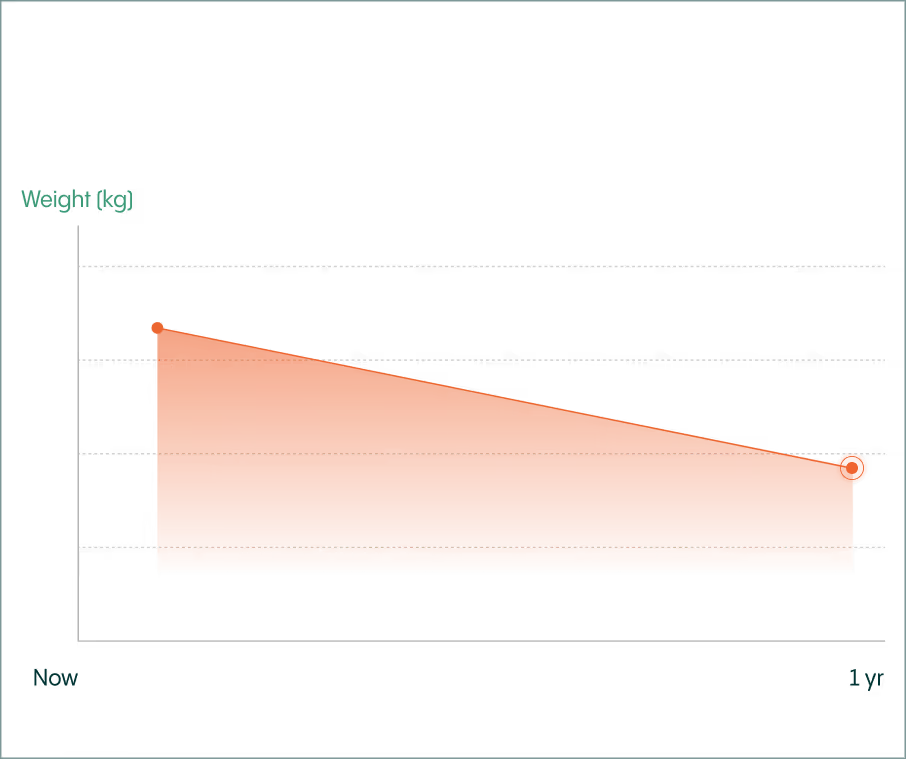


Testosterone is a sex hormone crucial for developing male physical characteristics and reproductive functions. It plays a significant role in muscle mass, bone density, sex drive, and overall energy levels. Low testosterone levels can lead to symptoms such as erectile dysfunction, decreased muscle mass, and reduced energy.
Low testosterone, or hypogonadism, can be caused by various factors, including aging, stress, obesity, certain medical conditions, and thyroid issues. Symptoms of low testosterone include decreased sex drive, fatigue, loss of muscle mass, mood changes, and erectile dysfunction. Understanding these causes and symptoms is essential for managing and boosting testosterone levels effectively.
Ashwagandha has been shown to have a significant impact on testosterone production. Clinical trials and placebo-controlled studies have demonstrated that ashwagandha supplementation can lead to a significant increase in testosterone levels in men.
Ashwagandha works by reducing cortisol levels, the stress hormone that can negatively impact testosterone production. Additionally, it enhances the function of the adrenal glands and supports overall hormone balance, including luteinizing hormone, which is crucial for testosterone production. The withanolides in ashwagandha are believed to be the active compounds responsible for its adaptogenic properties and its ability to boost testosterone levels.
Ashwagandha is a potent testosterone booster that can improve sperm count, motility, and overall male fertility. Studies have shown that ashwagandha supplementation can enhance semen quality, making it a valuable herbal supplement for those facing infertility issues. This is particularly beneficial for overweight males, who may experience lower levels of testosterone and fertility issues.
Regular use of ashwagandha can lead to improved muscle strength and mass, particularly when combined with resistance training. This adaptogenic herb supports increased muscle mass and physical endurance, making it beneficial for athletes and active individuals.
Ashwagandha can significantly enhance sexual function by increasing sex drive and reducing symptoms of erectile dysfunction. Its effects on sexual health are well-documented in various clinical trials.
As an adaptogen, ashwagandha helps manage stress and anxiety, contributing to overall well-being. Lower stress levels can positively impact hormone levels, including testosterone, leading to improved health and vitality.
Ashwagandha contains powerful antioxidants that protect the body from oxidative stress. These antioxidants help neutralize free radicals, supporting overall cellular health and potentially enhancing testosterone production.
Ashwagandha helps balance various hormones, including estrogen and androgen, ensuring a harmonious hormonal environment. This balance is essential for maintaining optimal levels of testosterone and overall health.
While ashwagandha is highly effective, other supplements like fenugreek and ginseng also offer testosterone-boosting benefits. However, ashwagandha stands out due to its adaptogenic properties and broad range of health benefits, including its effects on stress, anxiety, and overall hormonal balance.
Magnesium and DHEA are essential for maintaining healthy testosterone levels. Including these in a comprehensive supplement regimen can enhance the benefits of ashwagandha and support overall men's health.
Several double-blind, placebo-controlled studies and randomized controlled trials have demonstrated the efficacy of ashwagandha in boosting testosterone levels and improving male fertility. Researchers like Wankhede and Lopresti have contributed significantly to this body of evidence.
Systematic reviews have confirmed the benefits of ashwagandha, highlighting its role in enhancing testosterone production, reducing cortisol levels, and improving overall well-being.
While ashwagandha is generally safe, some individuals may experience side effects such as gastrointestinal discomfort or allergic reactions. It is essential to consult a healthcare provider before starting any new supplement, especially for those with existing health conditions. Additionally, ashwagandha root extract should be used with caution in individuals undergoing testosterone replacement therapy or those with thyroid conditions.
As with all dietary supplements, ashwagandha is regulated by the FDA. Consumers should ensure they purchase high-quality products from reputable sources to avoid contamination and ensure efficacy.
Ashwagandha is available in various forms, including root extract, capsules, and powders. The recommended dosage varies, but a common range is 300-500 mg of standardized extract taken daily.
Combining ashwagandha with other supplements like magnesium, fenugreek, and DHEA can enhance its testosterone-boosting effects and support overall health.
Ashwagandha is a powerful herb that offers numerous health benefits, particularly for men looking to boost testosterone levels and improve overall well-being. Its adaptogenic properties, combined with its ability to enhance physical performance, reduce stress, and improve sexual health, make it a valuable addition to any supplement regimen. For those struggling with low testosterone or looking to enhance their health naturally, ashwagandha presents a compelling option supported by extensive scientific research and clinical trials.
By understanding the benefits of ashwagandha and incorporating it into a balanced lifestyle, individuals can achieve significant improvements in their testosterone levels, muscle mass, and overall vitality. Always consult with a healthcare provider before starting any new supplement to ensure it is appropriate for your specific health needs.
In summary, ashwagandha root extract is an effective, natural way to support testosterone production and overall health. Whether dealing with low testosterone levels, stress, or fertility issues, this powerful herb offers a range of benefits validated by scientific research and traditional medicine practices from India.



Articles featured on Noah are for informational purposes only and should not be constituted as medical advice, diagnosis or treatment. If you have any medical questions or concerns, please talk to your healthcare provider. If you're looking for a healthcare provider, click here.